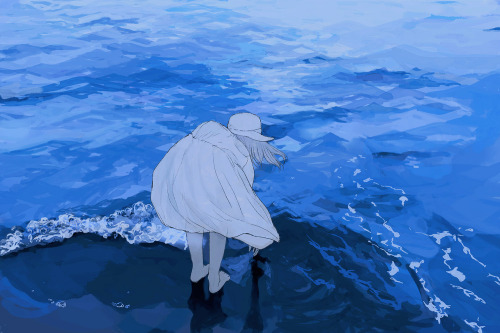How To Improve Readibility
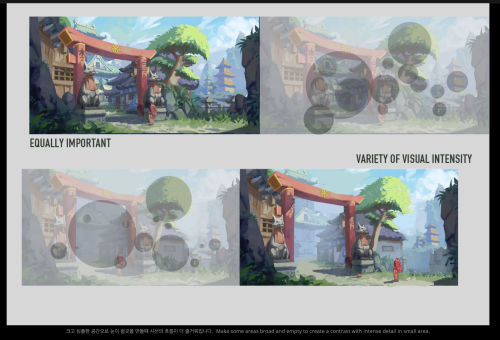
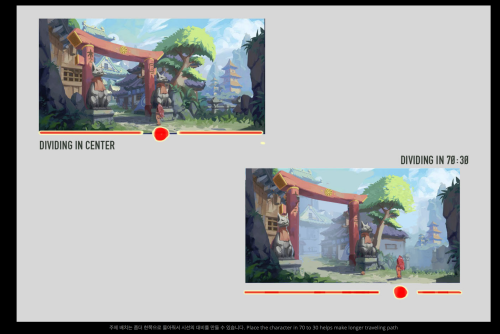
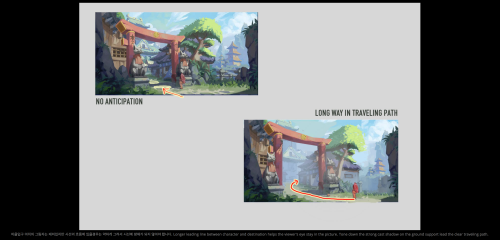
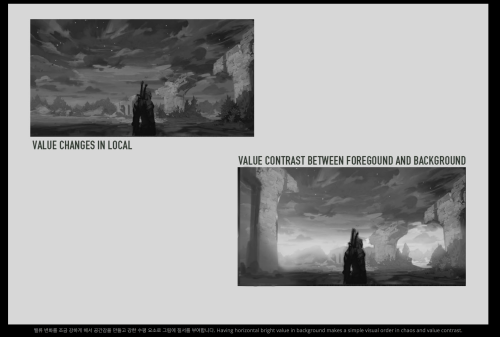
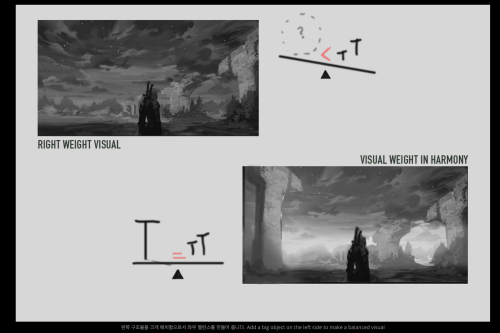
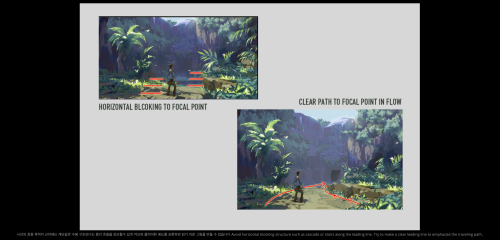
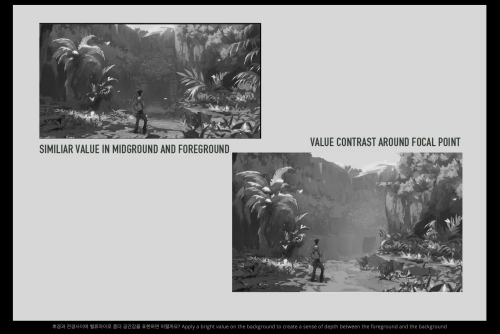
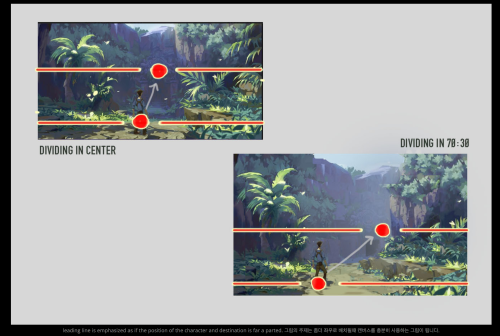
How to Improve Readibility
Composition Tips by Jihoon Kim
More Posts from Zelo-ref and Others

Balmain F/W 2016 Menswear Paris Fashion Week
Do you have any tips for drawing round ladies? :D
Hiya anon!
Well, I’m still learning myself, but here’s a few tips I usually keep in mind!
1.) “Fat” is not just a big belly!

Fat distributes everywhere, but not necessarily equally! Like at any weight, every body is different and has an unique shape! Some keep a hourglass shape, some become more pear-like, some are shaped like teardrops or apples… but the basic thing is, fat doesn’t just choose one place where it WON’T gather. It may not be as visible in some area compared to another, but in real life, it’s reeeeaaaaalllllyyyy rare to just find a person whose fat only stores in their bum, thighs and tits, leaving their waist, arms, neck and etc slim. Keep the body pleasant and thick all around, not just in the places where the weight-gain is the most imminent!
Keep the round shapes in mind!
2.) Rolls! Folds! What are they?



What are they? Not something to be afraid of, that’s for sure!
Basically, don’t hesitate to give your characters fat rolls. Skin folds, stretches and moves along with the body, and so does the fat under it! However, a lot of people who draw rolls tend to give the character many super small ones — this is not how rolls work! Usually, the thicker the person, the thicker the rolls — they increase in size, not necessarily in number.
Rolls are the most preminent in places where the body moves the most, AKA the joints. Fat folds over itself and creates creases and ‘rolls’.
3.) HOWEVER….
(No references here, sorry!!!)
When we age, our skin loses its elasticity and it can’t keep the rolls and folds thick and perky. In our youth, our weight can be held up way better than in our elderly days due to the stength and adaptivity of our skin which disappears as we age. Thus, fat tends to droop lower with older people, and the rolls appear thinner. This can also happen if someone who has had a LOT of weight packed up suddenly losing a big chunk of it — the skin can’t adapt and will begin to “droop“ down and lower. Make sure to keep such factors in mind when drawing and planning how the weight of your characters should be carried!
And then, a lil tip that;
4.) Study references and real life!
If you yourself pack some weight or have access to internet, libraries or just life on the street, you will see how bodies at different weights and shapes work and move. Use references, see for yourself — try to find how fat distributes and especially, HOW IT FOLDS! Folds and rolls seem to be one of the biggest problems many have while drawing thicker characters, and that’s ok — we’re taught as a society that fatrolls are inherently bad and disgusting, therefore there are not many situations where we’d find ourselves just… staring and studying how the fat in our bodies works and moves. You’ll learn quickly, though!
I’m still learning myself, but especially since every body is different and the weight we pack acts in unique ways, it can be really challenging to find the ‘absolute’ right way to draw thicker characters. Don’t give up! You’ll get the hang of it eventually!!

Cat Language 11" x 17" Print cat pictures art





Handmade Swords - Earil
By Peter Lyon of Weta Workshop
Edition Size: 1
Measurements: blade length 915mm (36"); overall length 1217mm (48"); weight 1.94Kg (4 pounds 4 ounces); balance point 71mm (2.8") along the blade, measured from the shoulder of the blade
The sword has been made especially for the Weta Cave and Weta’s Online Shop to sell to the public. It is similar to late medieval European longswords, but with design flourishes transform it into a piece of art as well. A longsword is light enough and balanced to be used with one hand, but it can also be used two handed for powerful cutting blows. The blade is broad for much of its length, making for strong cuts, but comes to an acute point for effective thrusts, making this a true cut-and-thrust sword.
The individual parts have shapes and detail lines that blend into each other and continue into the next component, so that shapes continue even as the materials change, and the shapes of all the hilt parts draw the eye towards the diamond shaped bosses in the centre of the grip, filled with polished Paua (New Zealand abalone) shell each side. At the same time there is a strong central line through the hilt and along the blade, emphasising the straight and symmetrical shapes of the sword.
This sword has many nautical features which led me to the name, “Aearil”, which in Elvish means “Gleaming Ocean”.
The straight blade is ground from spring steel bar, and has been heat treated to give the best possible combination of toughness and edge hardness. Historically blades were forged into shape and to remove flaws in the steel, but the consistency and high specifications of modern steels mean this is no longer necessary.
The bevelled edge is blunted for safety and display, but could just as easily be sharpened for cutting tests. The tang of the blade is strong and wide, and passes through the cross guard, grip and pommel, and is peened over the end of the pommel for maximum strength.
The cross guard is cut from a block of mild steel. From the centre block it projects along the blade and towards the ends, which are split into a fork. This is an unusual feature which I don’t recall being used on a sword before. The cross is set onto the shoulders of the blade for extra strength and stability, as was done on medieval European swords to prevent the cross becoming loose and rattling through use.
The grip is made of beech wood, covered with leather. Thin cords under the leather create the designs, and the leather has been carefully tooled to fit into all the shapes created by the cords. The grip was mostly drilled out then fitted by heating the tang and burning out the remaining wood for a tight fit, and finally glued in place. It is a two handed grip; the foregrip is straight to give a strong gripping surface, while the waisted shape of the upper grip encourages the second hand to nestle into the inside curves of the pommel.
The mild steel pommel is also a counterweight for the blade. It is shaped somewhat like a fish tail, with curved and recessed faces to add interesting shapes, and also to remove weight and get the best possible balance for the sword overall. The pommel was set tight onto the tapering tang before the end was peened over.
Source: Copyright © 2016 Weta Ltd.
-
 gabriel-wolf-fox liked this · 1 month ago
gabriel-wolf-fox liked this · 1 month ago -
 noancat liked this · 2 months ago
noancat liked this · 2 months ago -
 milomoony-blog liked this · 4 months ago
milomoony-blog liked this · 4 months ago -
 weirdoon liked this · 4 months ago
weirdoon liked this · 4 months ago -
 lucecitaagos liked this · 6 months ago
lucecitaagos liked this · 6 months ago -
 containsbothpastandpresentme liked this · 6 months ago
containsbothpastandpresentme liked this · 6 months ago -
 unlikelyfanstranger liked this · 10 months ago
unlikelyfanstranger liked this · 10 months ago -
 heeeeyyyyyeaaahhh liked this · 11 months ago
heeeeyyyyyeaaahhh liked this · 11 months ago -
 artking-4 reblogged this · 1 year ago
artking-4 reblogged this · 1 year ago -
 greykittycat liked this · 1 year ago
greykittycat liked this · 1 year ago -
 wratharis reblogged this · 1 year ago
wratharis reblogged this · 1 year ago -
 rakatapun liked this · 1 year ago
rakatapun liked this · 1 year ago -
 tafpolsrataseatt liked this · 1 year ago
tafpolsrataseatt liked this · 1 year ago -
 archivetidez reblogged this · 1 year ago
archivetidez reblogged this · 1 year ago -
 awesomesweetduckcollectorus liked this · 1 year ago
awesomesweetduckcollectorus liked this · 1 year ago -
 ouijab0redom liked this · 1 year ago
ouijab0redom liked this · 1 year ago -
 luewashere liked this · 1 year ago
luewashere liked this · 1 year ago -
 hoolytoody liked this · 2 years ago
hoolytoody liked this · 2 years ago -
 freakishlygenderless liked this · 2 years ago
freakishlygenderless liked this · 2 years ago -
 unlabeledproxy liked this · 2 years ago
unlabeledproxy liked this · 2 years ago -
 galumpasaurus liked this · 2 years ago
galumpasaurus liked this · 2 years ago -
 niekidside liked this · 2 years ago
niekidside liked this · 2 years ago -
 kaisidony liked this · 2 years ago
kaisidony liked this · 2 years ago -
 bellamatto reblogged this · 2 years ago
bellamatto reblogged this · 2 years ago -
 leotes liked this · 2 years ago
leotes liked this · 2 years ago -
 prince-tox reblogged this · 2 years ago
prince-tox reblogged this · 2 years ago -
 lus-garbage liked this · 2 years ago
lus-garbage liked this · 2 years ago -
 madoles liked this · 2 years ago
madoles liked this · 2 years ago -
 katekanemybeloved liked this · 2 years ago
katekanemybeloved liked this · 2 years ago -
 fyohuo reblogged this · 2 years ago
fyohuo reblogged this · 2 years ago -
 artttipsss reblogged this · 2 years ago
artttipsss reblogged this · 2 years ago -
 valor-0512 liked this · 2 years ago
valor-0512 liked this · 2 years ago











